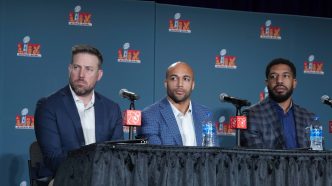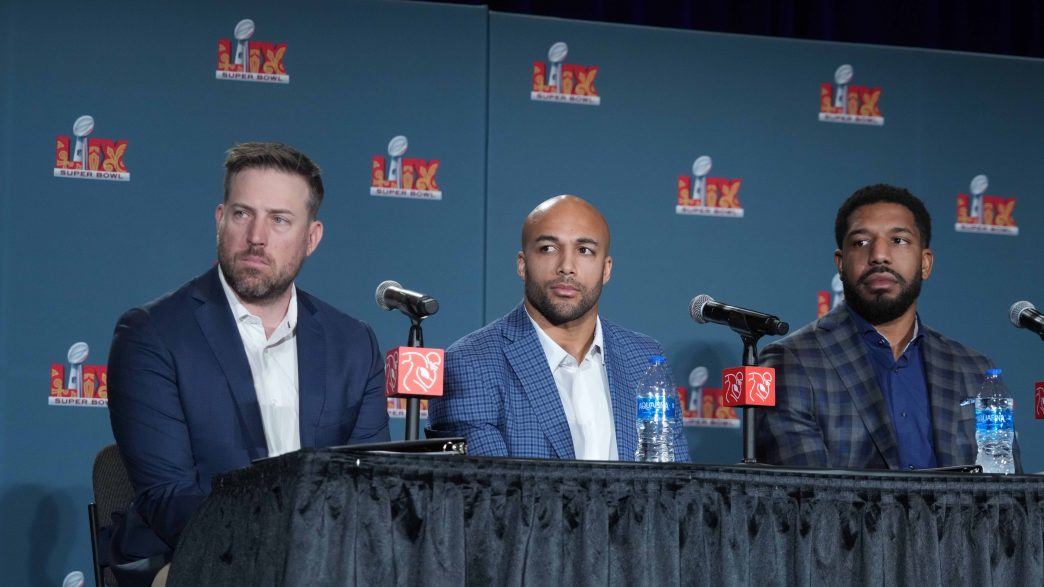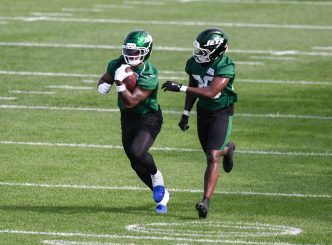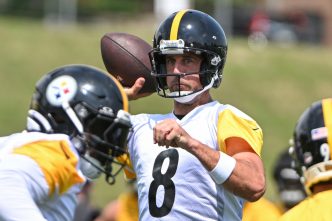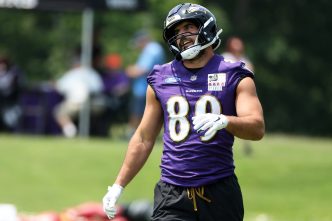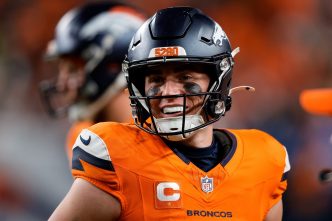The NFL and the NFL Players Association (NFLPA) have found themselves in a whirlwind of controversy following an unusual confidentiality agreement that kept details of an important arbitration ruling away from players. This ruling, delivered by arbitrator Christopher Droney on January 14, explored allegations that league executives encouraged team owners to limit guaranteed player compensation amidst an evolving landscape of quarterback contracts, particularly following Deshaun Watson’s record-breaking fully guaranteed deal.
While the arbitrator determined that there wasn’t enough evidence to support accusations of collusion among owners during contract negotiations, he did find significant implications within the league’s management discussions. Specifically, Droney ruled that Goodell and league general counsel Jeff Pash had indeed urged owners to minimize the amount of guaranteed money in contracts. This revelation raises serious questions about transparency and communication between the NFLPA and its members.
For months, the arbitration ruling was shrouded in secrecy until it was disclosed by a podcast, much to the surprise of many players. Reports indicate that players felt blindsided by the ruling’s findings and expressed confusion as to why the union had not made them aware of its contents sooner. This communication gap has led to significant frustration among players, who felt they were left in the dark regarding crucial information impacting their contracts and future negotiations.
Fast forward nearly six months after Droney’s decision, the NFLPA, under the leadership of executive director Lloyd Howell Jr., is now seeking to appeal the ruling. A senior union source emphasized that this appeal demonstrates their commitment to enforcing the collective bargaining agreement and the protection of players’ interests. They intend to do whatever it takes to advocate for their members.
At the heart of this arbitration was the NFL’s reaction to the significant contract signed by Watson, which made waves throughout the league. The discussions that followed among league executives and owners centered on how this landmark deal could influence negotiations for other star quarterbacks like Kyler Murray, Lamar Jackson, and Russell Wilson, all of whom have yet to secure fully guaranteed contracts similar to Watson’s.
Droney’s ruling highlighted that discussions of potential collusion were “contemplated and invited” during a March 2022 owners meeting. However, despite clear language in the collective bargaining agreement that grants executive committee members and player representatives rights to access arbitration rulings, these details were not shared. Instead, players were merely informed that the NFLPA had lost its grievance, without being privy to the specifics that could affect their negotiations.
Adding to the scrutiny of Howell’s leadership, sources indicate that an investigation into the financial dealings of the union, particularly related to a multibillion-dollar group licensing firm, has contributed to concerns among players. This scrutiny has prompted a special committee of players to review Howell’s activities and actions since taking office in June.
The confidentiality agreement, explicitly limiting the distribution of the arbitration ruling to a select group of league and union lawyers and a handful of senior executives, has left many questioning the decision-making processes within the NFLPA. This raised alarm bells among veteran agents and players who recognized the importance of transparency in negotiations. The lack of communication concerning the arbitration ruling stands in stark contrast to past practices where executive leaders routinely kept players informed about such impactful legal decisions.
As the NFLPA prepares to file their appeal, the complex dynamics of player representation, league negotiations, and the overarching need for transparency are all under intense examination. As it stands, the union faces both an opportunity and a challenge to rebuild trust with its members while navigating the intricate landscape of player compensation and contract negotiations in a highly competitive league. Time will tell whether this moment becomes a turning point for the NFLPA or simply another chapter in a long saga of labor relations in professional football.

